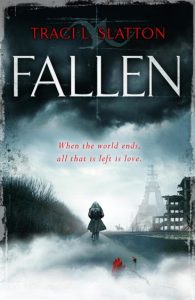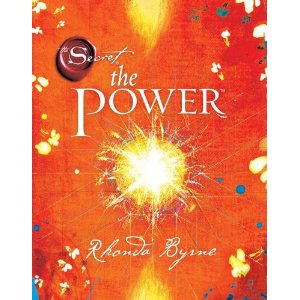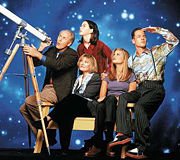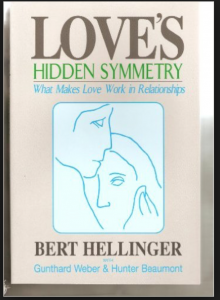The Power by Rhonda Byrne

Rhonda Byrne, author of The Secret and now The Power, is close to people who are close to my husband, so I had the good fortune to meet her. She was lovely, with the contained grace that I associate with people who live from a strong sense of purpose.
Byrne advised me to read
The Kybalion by the Three Initiates and
The Secret Teachings of All Ages by Manly Hall. With my insatiable reading lust, I acquired the books immediately. I devoured them promptly. I’m glad I did; the old Hermetic teachings have a lot to offer. The sense of paired, complementary qualities reminded me of the Kabbalistic Sephiroth winding along the Tree of Life. I love these ancient, eternal paradigms of thought!
So, being favorably impressed with Byrne, and wanting to support her because she’s friendly with some of my husband’s favorite people, I ran out and purchased two copies of The Power. One for me, and one for my husband, who refuses to share both food and books. The first bit of territorial prerogative always surprises me. I had my oldest daughter twenty years ago and I haven’t eaten an entire plate of food by myself since 1990. Someone is always sticking a fork in and grabbing a bite. Lunch is my happy time, when I’m alone in the apartment. I can eat standing up and walking around, which I prefer, and enjoy my tuna and peanut butter sandwich in peace, with no grimy fingers trying to steal some.
But I understand why Sabin won’t share a book with me. I use them up. I ravish them. Books are comestibles and I scribble in the margins, apply post-its, and turn down corners. Once I’m done with a book, it wants to take a shower and a nap.
The Power is no exception. It’s juicy and interesting, ripe for plundering. There’s a lot here, most of it good stuff. Opening the mind and heart to love can only benefit people. Thinking in positive ways about what you want is wholesome. When you ride a horse, you have to look where you want to go, and that is subtly communicated to the animal, who then goes there. It’s the same way with your mind and your life. Your mind has to focus on what you want and love, and then the great beast of your life can trot in that direction.
In general, I like this “New Age” the Secret and positive vibrational stuff. It’s got flaws, like everything else in this marvelous, imperfect, blissful, agonizing world. Gossip claims that one of the guys from the original movie of The Secret is in jail. And there’s sometimes a lack of groundedness in these teachings; elements of fantasy creep in. “Blame the victim” arises.
My most serious qualm with this school of thought has to do with karma. As I currently understand it, Karma is a complex law with a long, long arc. I’m not so certain that it works so simply as “Do good and think nice, and because you’re sending good and nice vibrations out into the universe, good and nice will come back to you.” I think that sometimes what you did twenty-five years ago, or twenty-five centuries ago as a temple dancer in Egypt, can come back to bite you in the tushie. Sometimes we reap the fruit of a seed we planted eons ago.
Then there’s the relational dynamic. We have karma not just as individuals, but as members of our family, our generation, our country, our religion. We also have dyad karma. I am stretching the meaning of karma here to apply to the invisible field of thought and feeling, emotion and expectation and communication within which two members of a couple live. Eg, if you’re married to someone who thinks badly of you, or who is convinced that you embody a certain negative trait (which is probably their shadow anyway), it’s hard to overcome the stickiness of that. It’s easy to get trapped like a butterfly in a spider web. It can be just as toxic within a family or any other community, like a school. Structures of thought and connection arise, and they can be cages.
Still, The Power is full of truth and light. It is passionate in its desire to give to the reader and to improve the reader’s lot. I’m writing my personal reservations in the margins, but it’s worth reading. It’s always helpful to return to the fundamental touchstone of life: am I acting out of love or out of fear? That’s the choice. Love or fear. I like to read these kinds of books at night, so I’m uplifted in the hypnogogic state. I like to think that the positive impact on me will be more profound, if words about love and joy and peaceful abundance are sailing through my dreams.
I also recommend Mary T. Browne’s The Five Rules of Thought and Geshe Michael Roach’s The Diamond Cutter. Like Byrne’s book, they give to the reader. What all three books share, though The Diamond Cutter approaches it differently, is the need to discipline the thoughts. We spend decades learning how to read, write, and cipher, but we have to seek out the knowledge of how to use our own minds constructively. The Power can help with that.











